

The Presidents of the ATIBT : The ATIBT has a list of successive presidents from 1951 to the present day. All of them are or have been men who knew the sector perfectly and distinguished themselves for their human qualities.
1951
M. JASSOGNE (Belgium) Co-Founder of the ATIBT with M. PECHE (France)
M. PECHE (France)
M. DROUIN (France)
1965
M. HOORNAERT (Belgium)
1967
M. BOUCHARD (Germany)
1975
M. SOLER SEGARRA (Spain)
1980
M. LEMAIGNEN (France)
1986
M. LATHAM (UK)
1991
M. MONTCERISIER (France)
1996
M. GARDINO (Italy)
1998
M. Dr STOLL (Germany)
2001
M. LANDROT (France)
2006
M. DELVINGT (Belgium)
2011
M. CRETI (France)
2012
M. LOYER (France)
2014
M. SERRANO (Costa Rica)
2015
M. HUNINK (Netherland)
2019
M. SERRANO (Costa Rica)
2022
Mrs F. VAN DE VEN (Belgium)
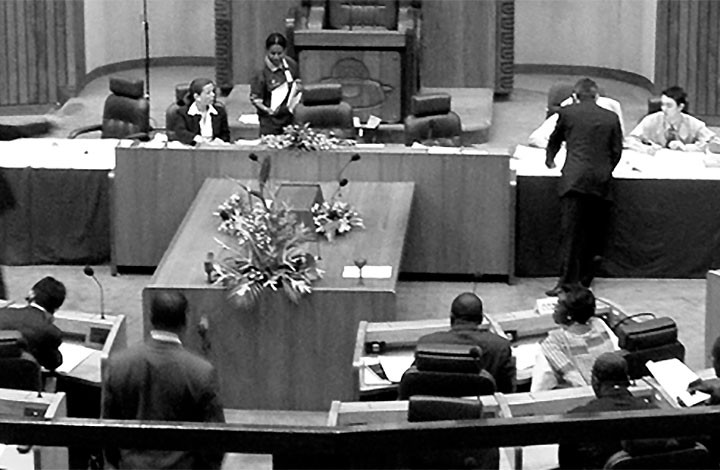
After the second World War, when it was time to start thinking about reconstruction, the European forests – which were particularly affected – were insufficient to satisfy the continent’s timber needs.
In 1946, the FAO* and the OECD** convened an international conference to identify agriculture, forestry and fishing resources. The forest experts from both the public and private sectors that were present expressed the wish that an association be created in order to : promote the tropical timber publish statistics, by species, between producer and consumer countries obtain commercial information on weights, measurements, sea freight and contracts explore all means of increasing the production, sale and rational use of species.
*Food and Agriculture Organization – a United Nations agency
**Organisation for Economic Cooperation and Development

Six years later, in September 1951, the OECD organised an international conference at its headquarters (the La Muette château).
It was attended by government officials and professional organisations (producers, manufacturers, importers, traders and end users). They decided to create the ATIBT (Association Technique Internationale des Bois Tropicaux). Six working committees were initially established: technical documentation and propaganda production and consumption statistics transport and handling codification of commercial practices and contracts classification and packaging of logs and lumber plywood.
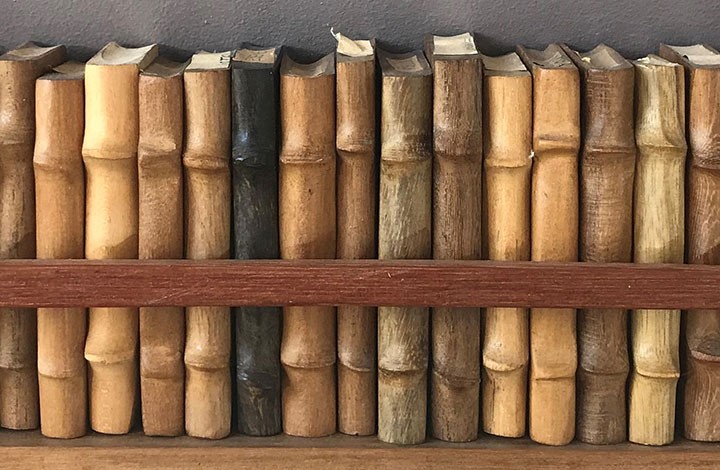
For 60 years, the ATIBT has set and updated a nomenclature of tropical woods that includes each botanical species with an internationally recognized pilot name.
This ATIBT pilot name is the result of a choice dictated by practical considerations to eliminate the innumerable vernacular names that can lead to confusion and to retain the main common name under which the wood is traded, adopted either by the main exporting country or by the main importing country. This provision is particularly meaningful for certain species which may have 10 or 15 different names in a given area, depending on the dialects. This represents more than a hundred names if the species exists in a dozen States. The Nomenclature was last updated in 2016.
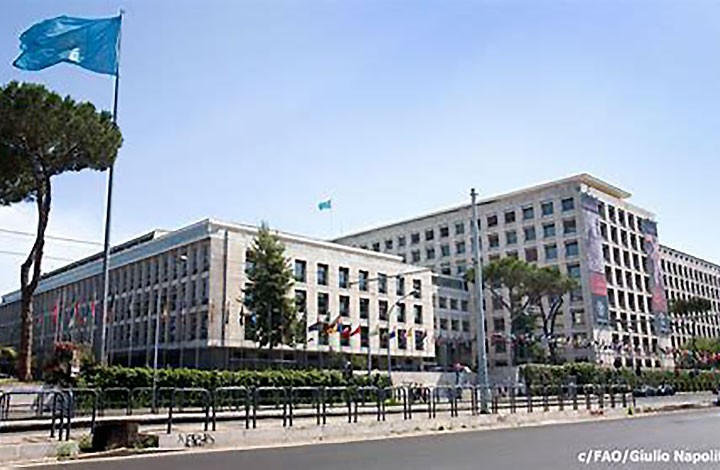
Featuring debates and speeches, this two-day forum is an opportunity to bring together and enable discussion among members and stakeholders in the tropical timber industry.
It is the beginning of a long series of forums organized every two years, and then every year, around a different theme related to the evolutions and challenges of the sector. The ATIBT forum has been organised in different cities around the world: Manaus, Marrakech, Washington, Hong Kong, Lisbon, Valencia, Libreville, Istanbul, Rome, Brussels, Athens, Shanghai, Belém, Bologna, Ho Chi Min City, Brazzaville, Amsterdam, Milan and Dubai in 2017

Integration of the FAO and support from donors to finance ATIBT various projects.
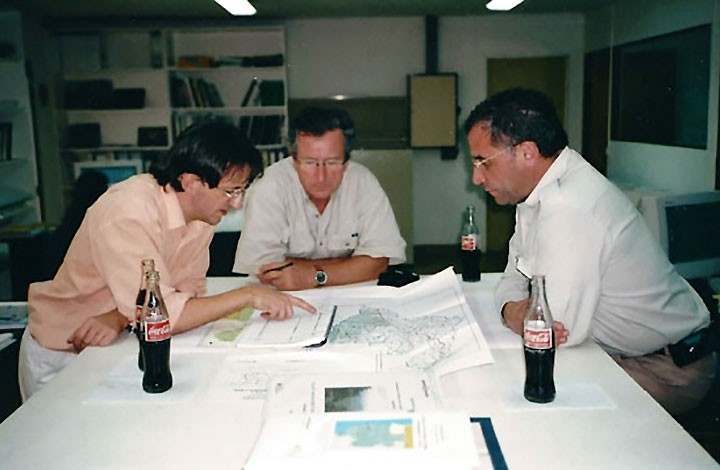
First collegiate efforts dedicated to the sustainable management of tropical forests.
The ATIBT is heavily involved in the design of the first management plans, at the request of its members. Thus, the Congo Basin becomes one of the first tropical regions to implement these sustainable management rules, and the countries enshrine in law the need to set up these sustainable management plans. The first technical documents concerning these management plans are still referenced today.
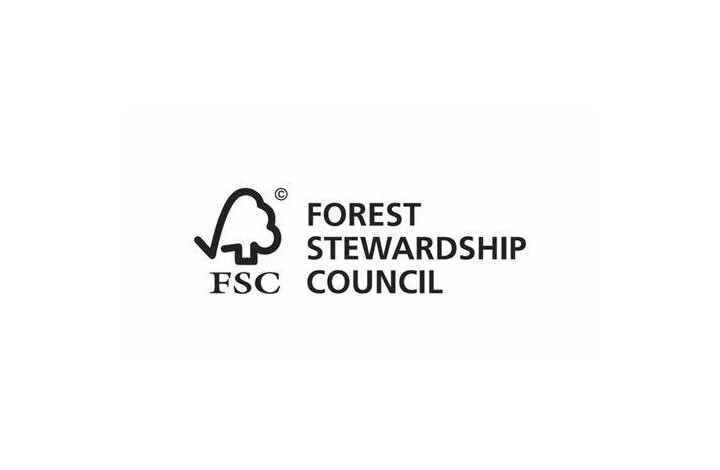
Continuing the efforts made a few years earlier for the implementation of management plans, the first companies to be certified sustainable management are ATIBT members.
Thus, the FSC certified companies in the Republic of Congo, Gabon and Cameroon.

Agreement by the Central African Republic, the Republic of Congo and The "République de Côte d'Ivoire".
The desire to work closer with countries and forest authorities has led ATIBT and the ministries in charge of forests to intensify their exchanges, leading to agreements aiming at building trust with public decision-makers.
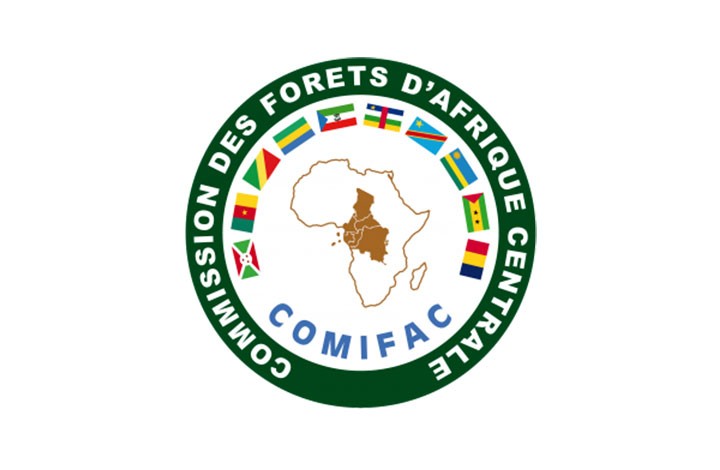
This document sets the framework for collaboration in the implementation of the sub-regional convergence plan for the sustainable management of Central African forest ecosystems.
COMIFAC (Central African Forest Commission) thus undertakes to provide ATIBT with the necessary information for projects of common interest, and ATIBT, for its part, to implement the convergence plan in a concerted manner and to provide tools for decision-making and project evaluation.
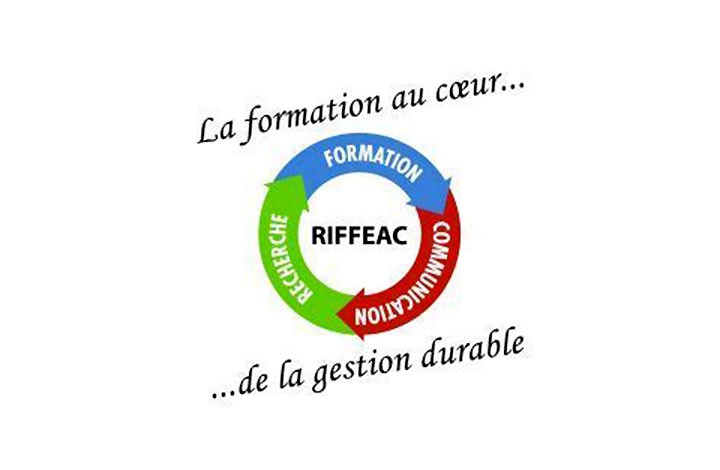
The collaboration framework between RIFFEAC (Network of Forestry and Environmental Training Institutions of Central Africa) and ATIBT focuses on the implementation of activities that will be defined and planned in a concerted manner by the actors concerned by this Memorandum.

On the occasion of the ATIBT Forum in Shanghai in 2019, a protocol between ATIBT and CTWPDA (Chinese Timber and Wood Products Distribution Association) was signed in order to strengthen their relationship through exchanges of information and sharing of experiences on issues of legality and sustainable management of tropical forests.
Climate change mitigation, linked to the fight against deforestation and the sustainable management of tropical forests, is a topic that China has taken up at the COP15 on the Biodiversity Convention next year in Kunming. This theme has underpinned many exchanges.
24 February 2026 > 27 February 2026
25 February 2026 > 27 February 2026
10 March 2026